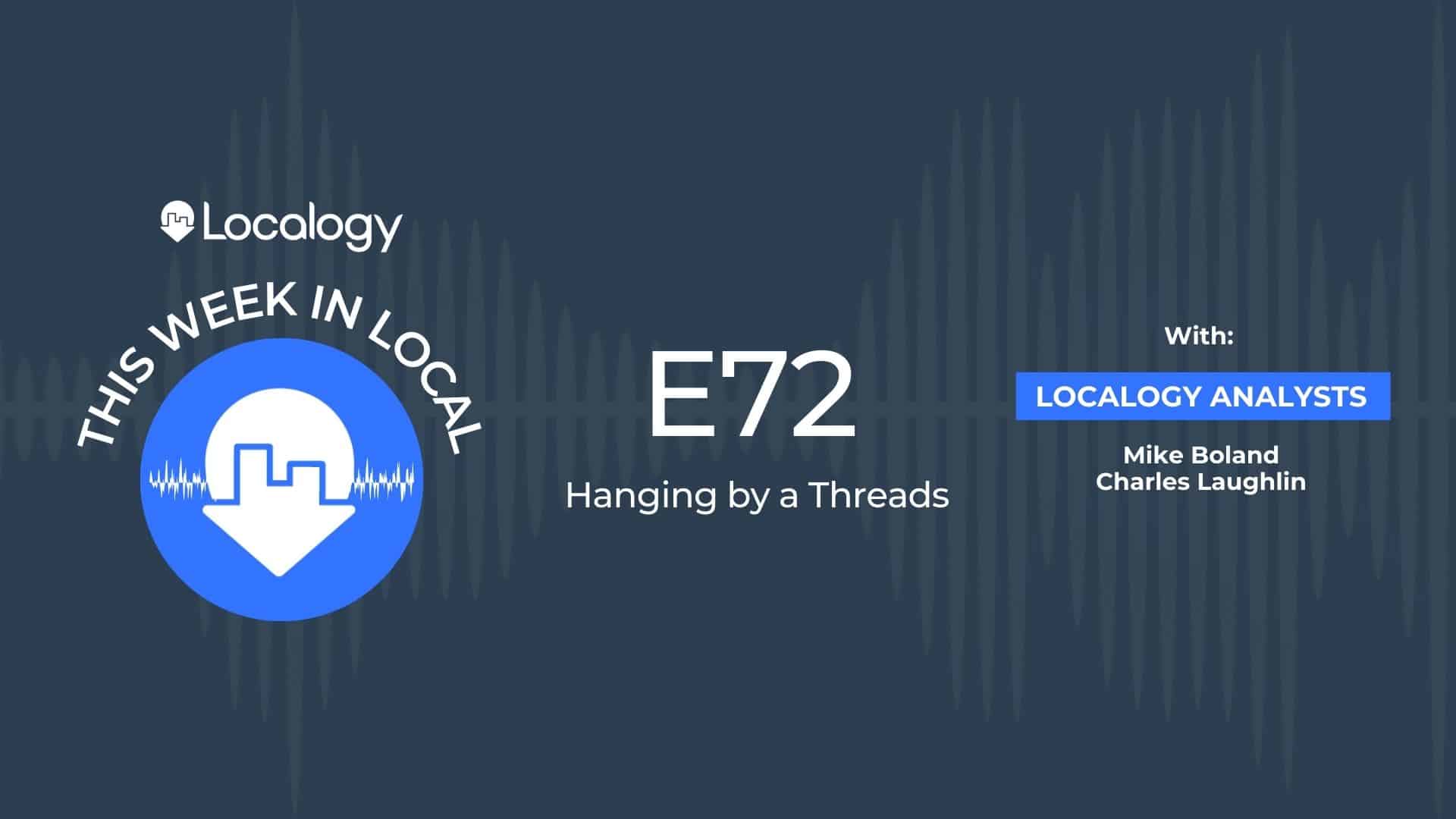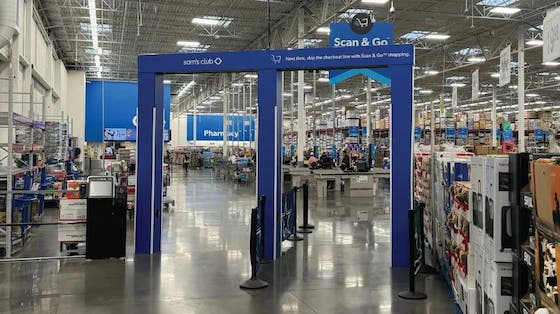A new study from the digital marketing platform Scorpion tells us a lot about how different generations view privacy. It also reveals a great deal about how consumer media preferences vary by age.
The survey, conducted in Q2 2022 by the research firm Qualtrics, had a sample size of more than 1,000 U.S. consumers. Here are some key findings from the survey.
Among all consumers, 71% want a personalized online search experience. Younger consumers are much more fixated on personalization. In fact, only 9% of GenZ consumers said they would not want a personalized web browsing experience. By contrast, 46% of Baby Boomers do not want a personalized experience.
While personalization is generally popular, consumers say much of it misses the mark. In fact, 72% weren’t happy with the digital ads they received. Among these, one quarter said the ads were not relevant. Meanwhile, 22% invoked the creep factor, saying the ads “seemt to know too much.”
The survey also had some interesting findings about the differences in the media diets (for product and service info) of different generations of consumers. One big finding involved influencers. GenZ and millennial consumers are 4.5X and 4X more likely than boomers to rely on influences for new product information. Influencers influenced a mere 9% of boomers.
Messaging platforms like Discord and Reddit are breaking through with younger consumers as well. GenZs were 4.5X more likely than boomers to turn to these platforms to learn about new products and services.
Sadly, boomers are all in on direct mail, flyers, and print ads, with 38% turning to these channels for product info. Among GenZs? A whopping 10%.
And finally, younger consumers are much more rigid about the importance of online reviews. It’s five starts of bust for 23% of GenZs and 20% of Millennials. Only 7% of Boomers set that bright line.
What Does It All Mean?
We caught up with Scorpion’s Kenny Wu for more insight into what the survey tells us. Wu is Scorpion’s director of corporate marketing Here are some highlights from our conversation.
What surprised you or seemed counterintuitive about this data?
Well, 70% of the respondents surveyed said they would like advertising to be personalized. But 31% of those who favored personalization said digital ads seem to know too many personal details. That’s nearly 3x higher than those who said ads were not personalized enough.
There seems to be a paradox where consumers want ad personalization but are reluctant to give up information that fuels personalized marketing. In a complex digital world, where everyday users might not be fully aware of how their personal details are being gathered or used, businesses should note that being overly specific or personal can backfire.
What, if any, actions should brands or agencies take based on this data?
With online privacy, perception outweighs reality, especially when consumers believe companies hold more power and ill-intent than in reality.
So, when it comes to personalization, brands need to find the balance between resonating with customers and respecting their privacy. Ultimately, the goal is to build meaningful relationships and trust with audiences rather than make a quick sale.
Another big takeaway is for brands to have a deep understanding of where their customers are consuming media, and how they can secure their attention. Too often, businesses split their marketing budgets across different channels for a “good media mix” without knowing how their customer personas engage with media.
This ends up causing a lot of waste and inefficiency with advertising dollars. If you’re trying to reach Gen Z consumers, why blow your marketing budget on a cable TV spot when influencers can be more affordable and impactful for younger audiences?
Based on this data, is it fair to say younger consumers are less privacy-focused? Or at least they are more willing to surrender some of their privacy for a good online experience?
Younger consumers (e.g., Millennials and Gen Z) have grown up predominantly in a digital world. Though privacy is still important to them, their clear comfort with personalized ads (at least when compared to older generations) is an indication that they value a great online experience and are willing to share some information for it.
What do these findings say about the near-term future of consumer online behavior?
Consumers researching and shopping online want their purchasing journeys to be more efficient and streamlined than ever before. From accessing reviews and information across the Internet, to having a wide range of communication options, consumers expect companies to be fully invested in their digital presences. The businesses that disregard this reality risk losing market share and consumer loyalty to competitors who are paying attention.




